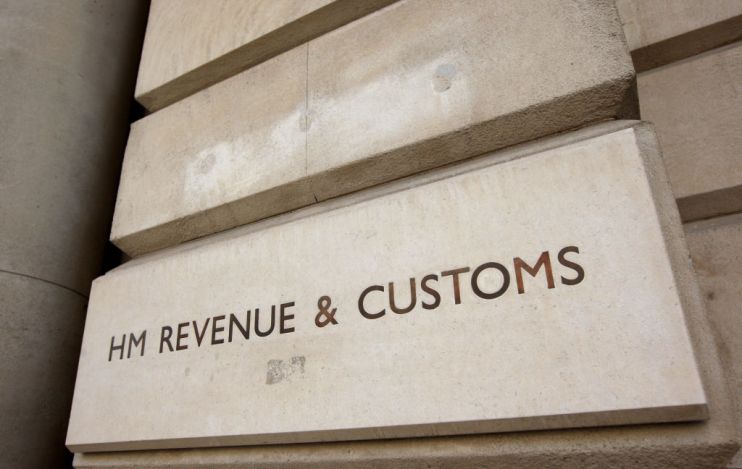I confronted our bureaucratic tax system — and lost

“Tax doesn’t have to be taxing,” claim the helpful ducks on the HMRC adverts that urge people to file their self-assessment returns by the deadline of midnight tomorrow.
As anyone who has been through the rigmarole of painstakingly filling in a return that always results in a higher-than-expected calculation, the reality is somewhat different.
Filing a tax return is no longer the purview of the self-employed alone. I am proud to be a salaried City A.M. employee, but like one in four UK workers (according to research from Henley Business School), I also have a “side hustle”, in the form of some freelance broadcast and speaking work.
I am very much a spreadsheet girl. I keep meticulous records of income and expenses, and treat deadlines as sacrosanct. Yet every year, some disaster strikes, and I am left crying on my living room floor, surrounded by invoices and receipts.
This year, I filled out the return (thank you spreadsheet), only to be confronted with the shock of a tax bill that was 50 per cent higher than I had planned — and budgeted — for.
Why? Because of HMRC’s “payment on account” system. On 31 January, those filing returns are required not only to pay any tax due on the previous tax year (in this case, 2018–19), but half their projected tax bill for the current year (2019–20). HMRC essentially looks at your total tax bill, assumes next year’s will be broadly similar, and demands half of it upfront before the tax year is even over.
Like so many freelancers (if the numbers who have got in touch to share similar experiences are anything to go by), my extra income can double or halve from month to month and year to year. In 2017–18, for example, I made virtually nothing, so paid hardly any additional (non-PAYE) tax. The following year was far more successful.
The result? My tax bill, due by tomorrow, is 100 per cent of what I owe for 2018–19, plus 50 per cent again as HMRC assumes 2019–20 will be similar.
I can, the HMRC website tells me, reduce my payment on account. But if I get it wrong and underestimate what I am likely to owe, I will be charged interest — at 3.25 per cent. (If I overestimate, HMRC will eventually return the additional tax, without interest.)
Obviously, I queried this. And in HMRC’s defence at what must be the busiest time of the year, they responded. Unfortunately, they confirmed that freelancers in my position are required to pay what amounts to 150 per cent of a tax bill all at once, and were unable to point me to anywhere on the government website that warns aspiring sole traders about this.
The tax system is full of such traps. From a complex web of expenses and reliefs, to incomprehensible rules about pensions and allowances, navigating our tax code (which, at around 22,000 pages, is longer than 12 King James Bibles) is a minefield. Get it wrong, and you risk hefty fines.
The “self-assessment” system is meant to be straightforward enough for individuals to use, but as I asked for help on Twitter, it became apparent that my experience was far from unique. Others had been unexpectedly hit by the 150 per cent tax bill too. And I got the same advice again and again: hire an accountant.
Of course, someone paid to help you sort out the numbers can conveniently also advise you about (legal) ways of making the final tax bill as low as possible. The net result is likely to be more money in the pockets of helpful accountants, and less in the HMRC coffers.
The irony for HMRC is that I am proud to pay my taxes and contribute to our public services. Like the vast majority of citizens, I am not looking for ways to game the system, and probably under-estimate my expenses.
But getting hit with a shock bill, when I have taken every effort to be prepared and organised, undermines my faith in the system — especially when I know I could pay less if I hired someone to find me some loopholes.
And if that’s the case for me, when what I owe amounts to virtual pennies for HMRC, what’s it like for the 660,000 startups that launch here every year, or the UK’s 5.9m SMEs? How much entrepreneurial time is spent battling with a system that seems hell-bent on catching people out? How much money is diverted into the pockets of professional advisers, when people would much rather do it themselves?
And how often does resentment and frustration drive people towards tax avoidance, because they feel they have been unfairly stung?
The script for the cartoon ducks on the HMRC advert needs an update: “tax doesn’t have to be taxing — we just decided to make it that way”.
Main image credit: Getty